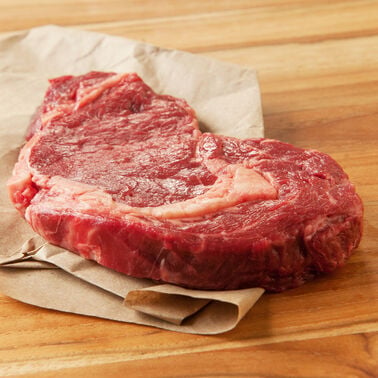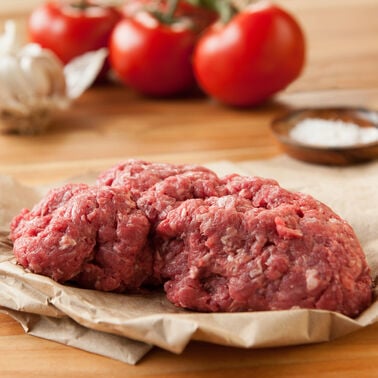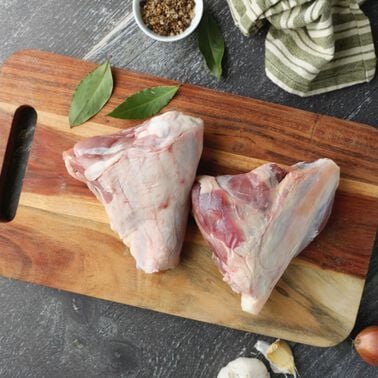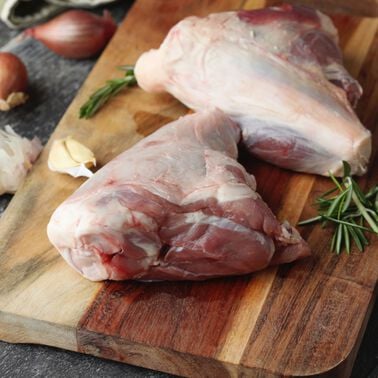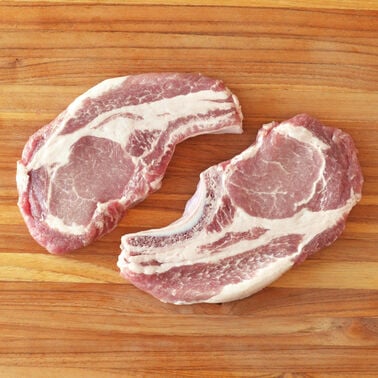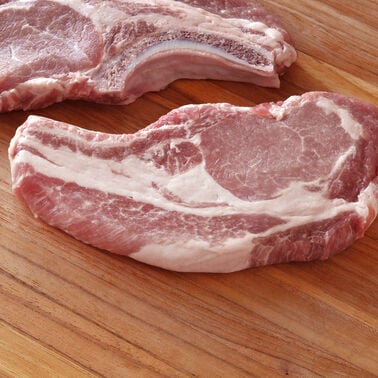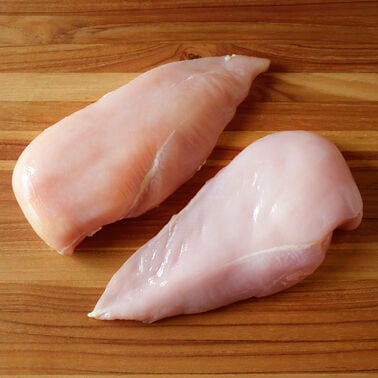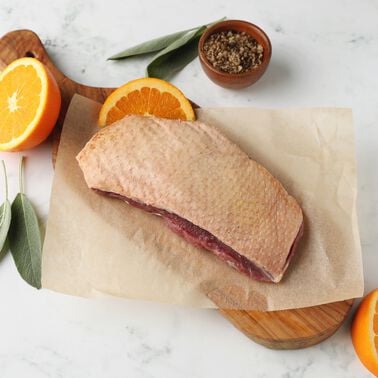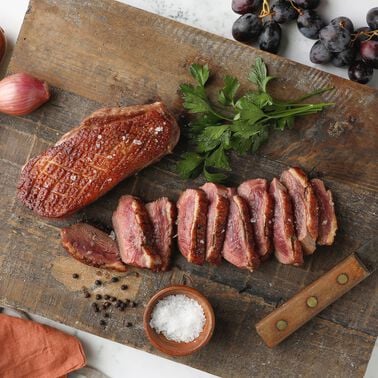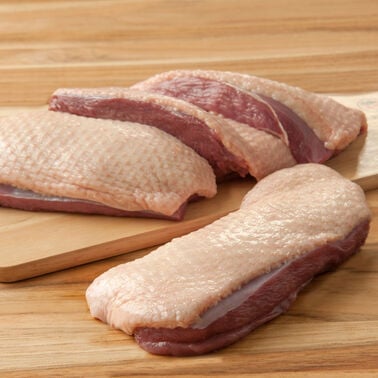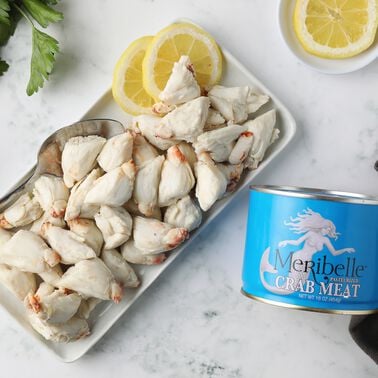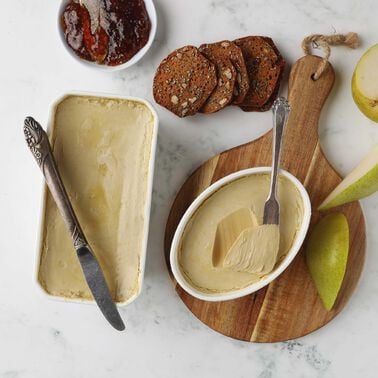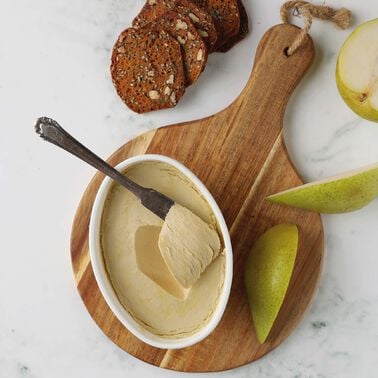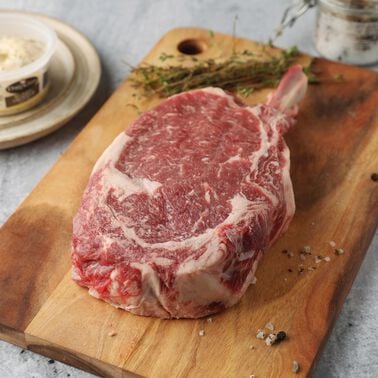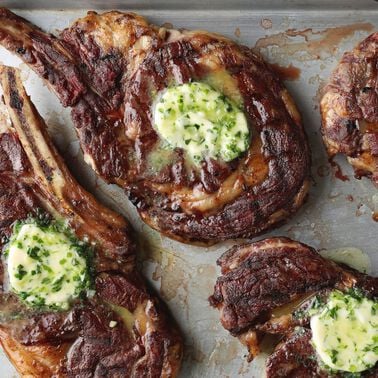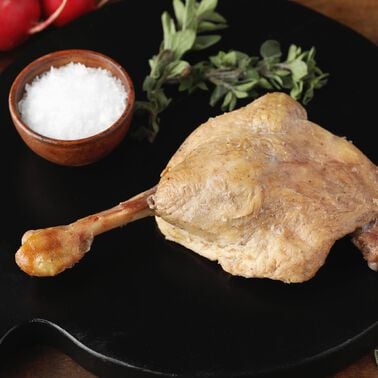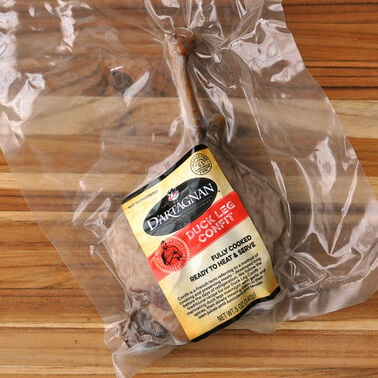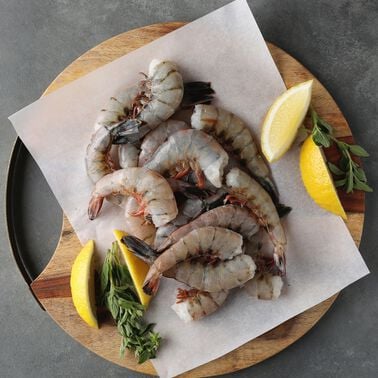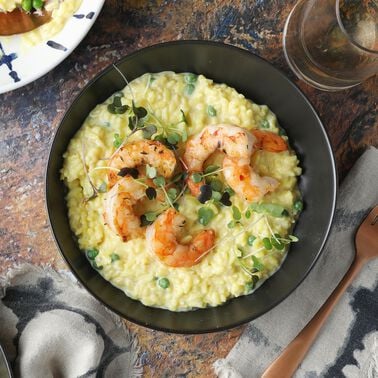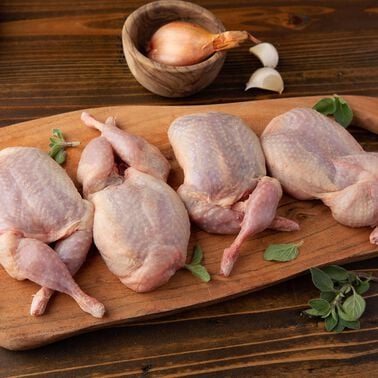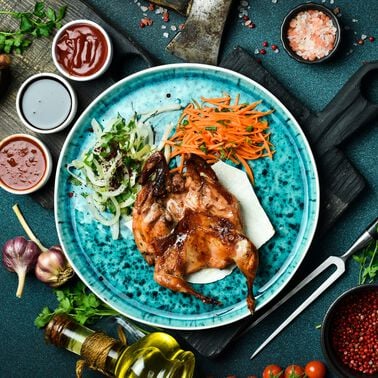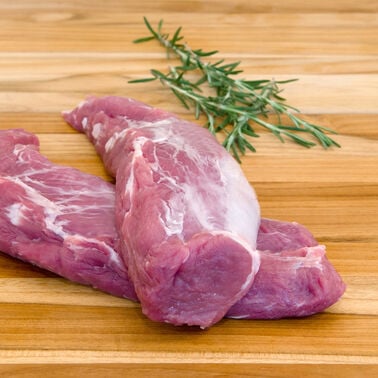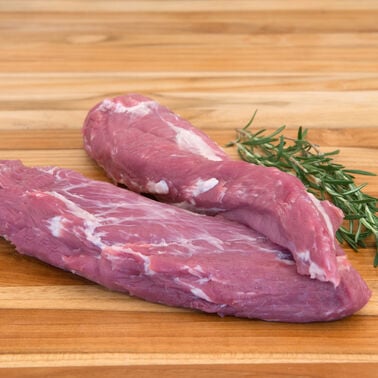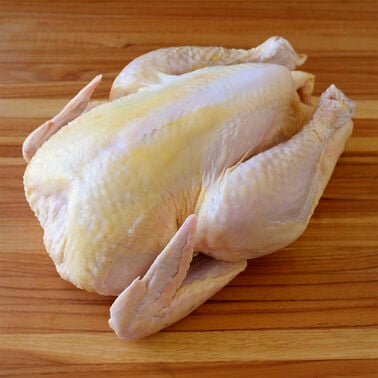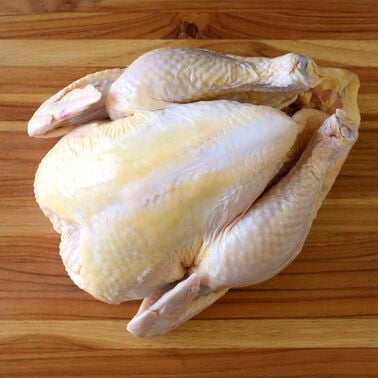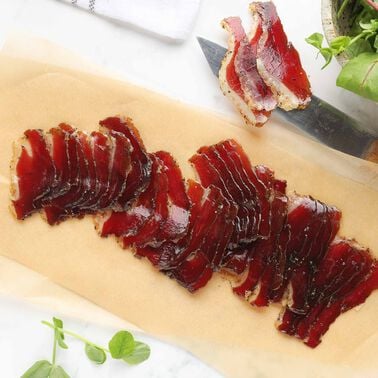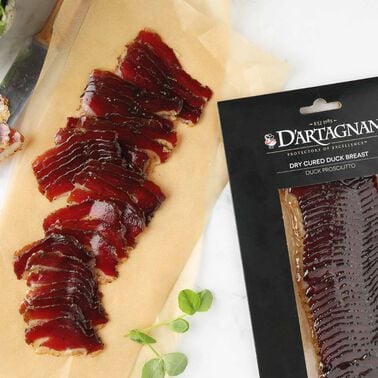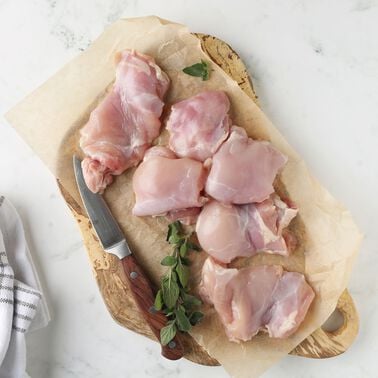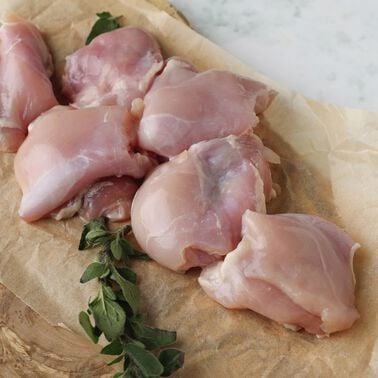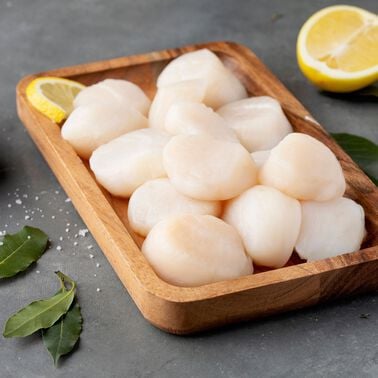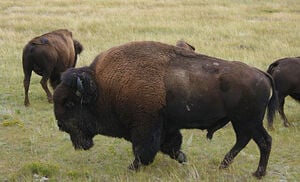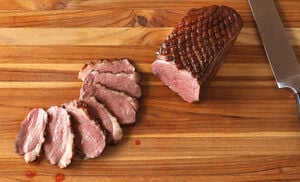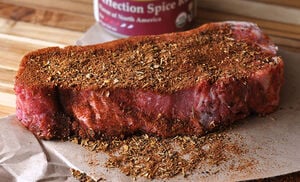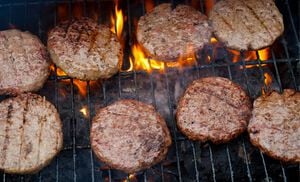Bison Chuck Flap
-
In Stock
Chuck flap comes from the shoulder area - certainly the thickest part of bison. These massive animals are pastured on prairie grasses, tended by ranchers dedicated to providing a humane environment with minimal human interaction, and no antibiotics or hormones. The cut is a favorite that is hard to come by and is seldom seen outside of a restaurant. Now you can experience the rich, bold flavor and abundant marbling at home. Commonly referred to as the Denver steak, chuck flap is versatile; braise it like short ribs, marinated and grilled over high heat, cubed and skewered, used in Korean BBQ recipes, or shredded for pot roast. If you plan to grill, remember to slice against the grain to ensure maximum tenderness.
- 100% pasture-raised with access to grain and hay
- True indigenous bison breed - not buffalo
- No hormones or antibiotics
- Sold in an uncooked state
- Product of USA & Canada
- For best taste on fresh products, use or freeze within 3-5 days of receipt; for frozen products, use within 1-2 days after thawing
- Subscription Eligible
For basic cooking instructions, Download our Bison Cooking Guide.
Bison is the original free-range, good-for-you red meat. Leaner than beef, pork, turkey, and even chicken, bison meat is not gamey and it never leaves a greasy taste in the mouth. Bison offers nutritionally-dense red meat with 25% to 30% more protein than beef, 25% less cholesterol, and about half the calories. It is also high in iron content and offers a sweet flavor profile. Because it is so lean, it cooks quicker than beef and shrinks less while cooking.
These indigenous animals, often incorrectly called buffalo, are raised on vast pastures in Canada and the U.S. to our exacting specifications. The Plains Breed Bison graze on prairie grasses as they have done for many centuries, with minimal human interaction. Their grass-based diet is supplemented with grain and hay.
A state-of-the-art integrated system of corrals, funneled walkways, and chutes are designed to provide safe and humane movement of bison on and off the ranches. The bison are brought to market at 22-26 months of age.




